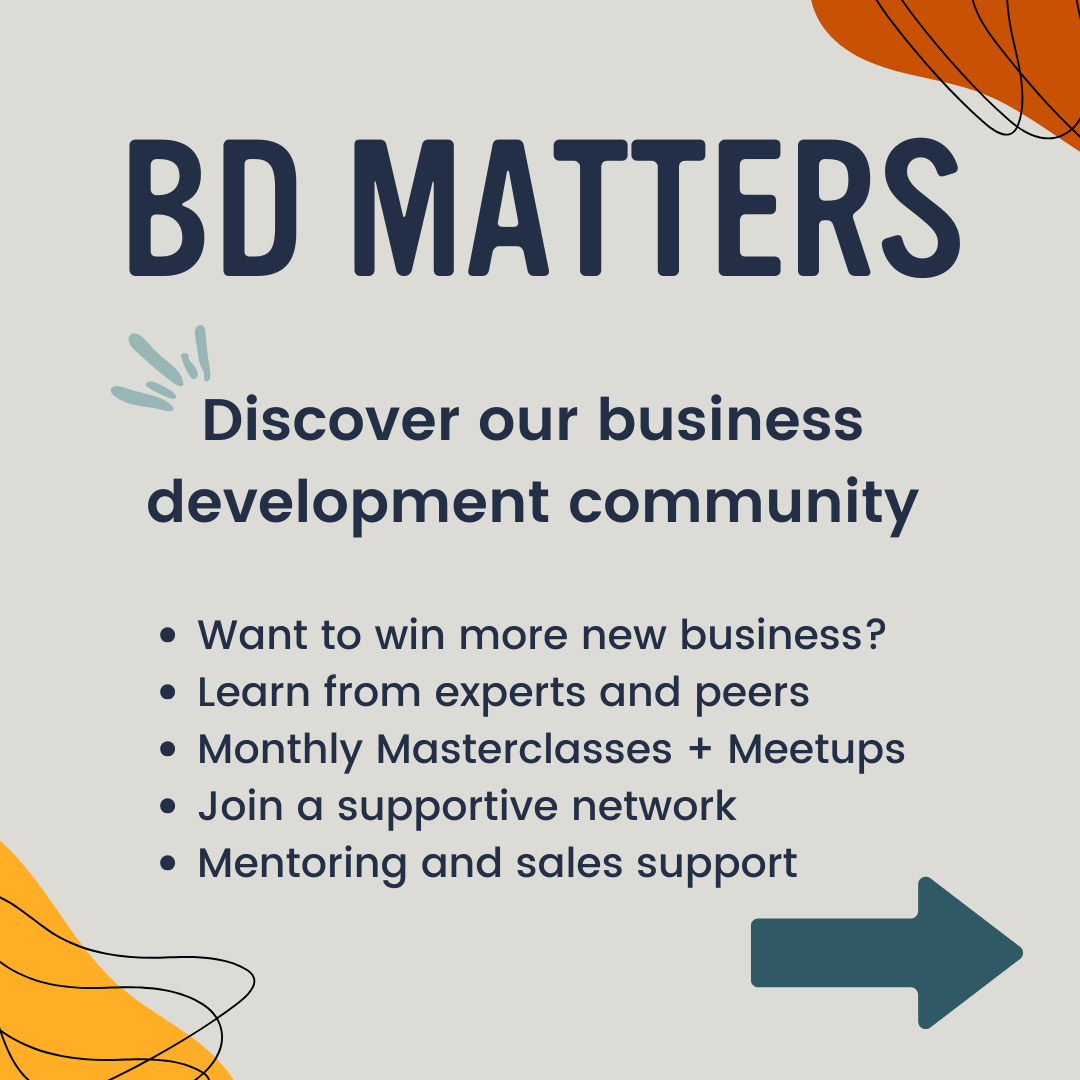
Black books and big mistakes: A guide to hiring your sales team
June 06, 2024
The signs are unmistakable…an overburdened founder juggling too many hats, a deluge of inquiries (or perhaps none at all?) or the dawning realisation that specialised sales skills are the missing ingredient in the recipe for success.
The time has come to begin hiring your sales team!
But if you’re a founder or business owner, where do you begin?
In house vs. Outsourced
Outsourcing appears to be an ‘easy’ initial step, giving you access to an experienced sales professional and allowing you to focus on what you do best. It brings immediate expertise without the need for a steep learning curve. I believe that the ultimate goal however, should be to develop your own internal sales skills. If all sales activities are outsourced, how can you expect your in-house team to learn and master effective processes?
The second option is to hire in-house but if your existing team doesn’t have any sales experience, setting up an infrastructure built for success might be difficult. It also comes with associated recruitment costs, overheads and there are real risks of getting it wrong.
A hybrid approach is something we practise at Gray Matters; initially we handle the sales process for you, while simultaneously teaching you how to develop and manage these processes independently. This way, you benefit from immediate expertise and gradually acquire the skills needed to sustain your own sales efforts.
Building the sales team
So how do you go about building a sales team? What would it look like in an ideal world? There are three key protagonists:
The leader is responsible for developing strategy, managing expectations, pitching to clients, converting opportunities and building the overall sales culture.
An inbound specialist is the magnet of your sales team, focusing on generating leads through content marketing, events, networking, and partnerships. They need to ensure they raise brand awareness and land the positioning in order to build a steady flow of interested prospects to keep the pipeline topped up.
Your outbound specialist is typically your go-getter; building prospect lists, booking meetings, managing the CRM, and qualifying opportunities.
These roles can be filled in various ways – full-time, part-time, fractional roles, or consultancy – it depends on what you need and when and what your budget allows for.
Senior vs. junior?
Is it worth investing in a senior salesperson or will someone more junior be better value for money?
A more senior hire will bring the wisdom of experience but will probably not want to be on the coalface of outreach and lead generation. Junior hires on the other hand offer a blank canvas, but could lack the ability to develop and execute effective strategies. Also will they be able to push back on founders when needed?
The sweet spot would be hiring a consultant to develop the strategy but pairing them with a junior to do execution, and seeing it as a combined cost. The consultant can also act as a mentor to nurture the junior into becoming the next leader of your in-house sales team.
Common mistakes
I wanted to flag some common missteps I see when founders and MDs try to hire salespeople.
- Misreading candidates: You can have the extroverted social butterfly who thrives on building relationships, loves networking events, and charms everyone in the room. But if they aren’t self motivated and can’t manage the nitty-gritty details like updating the CRM, tagging contacts correctly, using data, and following up, things can quickly turn into chaos.
- Over-relying on little black books: People often get dazzled by the promise of someone’s ‘little black book’ filled with fantastic leads and connections. But I always ask: what happens when that book runs out of pages? Plus, how many others have seen that same book? Shuffling leads around isn’t a sustainable business development strategy.
- Hiring marketers: I see businesses hiring marketing professionals expecting them to handle lead generation, which isn’t their forte. Marketing folks might excel at promotion, content creation, and social media…it doesn’t mean they’re focused on conversions.
- Expectations: It takes time to build a pipeline from scratch and the person coming in may have to solve lots of issues like proposition, data, content. This can take time and pipelines can often take 6-12 months to develop, so having short-term expectations and not supporting this team can be the biggest downfall.
What skill set should you look for?
The perfect salesperson for a business is, admittedly, a rare breed: extroverted enough to build strong relationships but detail-oriented to handle proposal writing and CRM management. They need drive, tenacity, and resilience, along with a blend of creativity and process orientation. Passion for your business is a true marker of whether they will be drinking the closers’ coffee.
Compensation
Oh yes, this old chestnut. Should performance pay be capped, uncapped? Personally I find it hard to see someone as a salesperson unless they have some sort of incentive and commission attributed to it. The whole point of being in sales is that you don’t want a ceiling to limit your potential.
But the difficulty here lies in attribution. As we’ve mentioned in last month’s RevOps blog, sales is an omnichannel process and conversions are not usually tied to one person.
The way to get round this is to isolate their contribution via KPIs which could also be quality controlled. The main thing is to not complicate the commission structure, and keep the rules of engagement open and transparent from the beginning. The truth is there is no one-size-fits-all approach.
If Gray Matters’ approach to bridging the gap while you build your in-house dream team sounds like a good fit, give me a call. Let’s chat about your options and turn your sales process into a well-oiled machine.

